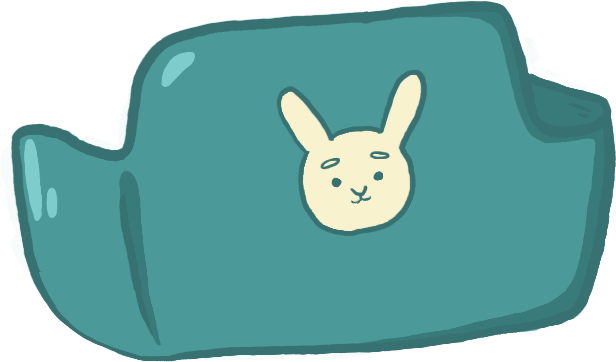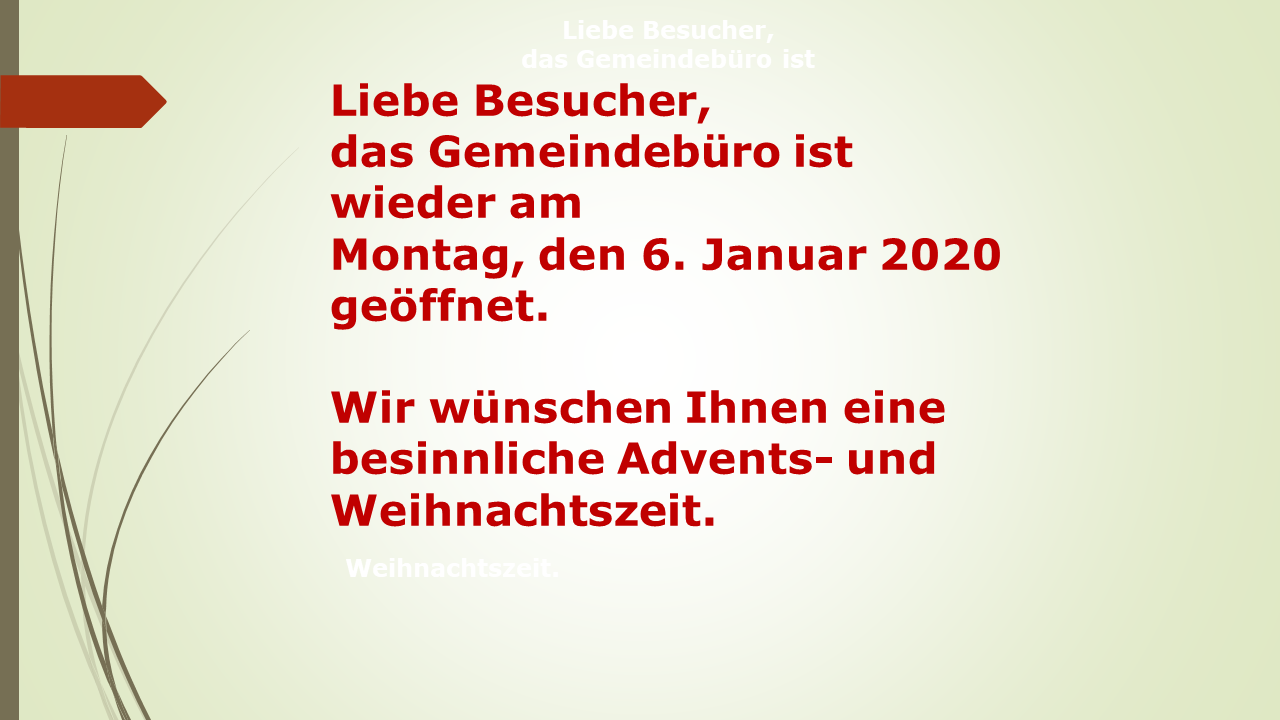
"Language is not just the spoken word"
Language is the most important basis for communication with other people, through which thoughts and feelings are expressed, meanings are conveyed, experiences are processed, experiences are exchanged, wishes and desires are made known, relationships are understood and actions are planned.
7.1. Language support in everyday teaching
Especially in everyday kindergarten life, the children show the need to communicate. The many different activities that we do in kindergarten for the Children are relevant, e.g. Breakfast, creative and exercise options, chair circles and dealing with the other children ensure that the language skills are expanded through language support.
In addition, regular projects offer linguistic enrichment for the children in everyday kindergarten life.
This includes "senior singing", to which several senior citizens from Brün visit us every Tuesday morning in order to convey mostly old songs to the children. An accordion player supports us musically.
Another project is visiting a reader once a week. This reads stories and fairy tales to the children, or talks to them about everyday things. Also "nonsense stories" are often told by the children.
7.2. Language promotion goals
Language support is part of the educational mandate for day care centers. The area of language support is in the educational agreement and in the KiBiz legally (Section 13 (6)).
Language support is an essential part of the educational work at the facility. We want to be linguistic role models for the children by designing their surroundings in such a way that they awaken the children’s joy in speaking.
The rules of communication are taken up in everyday life through stories and conversations, and the vocabulary of the children is expanded in a playful way.
Songs, finger games and rhymes support the children in recognizing and developing a rhythm in the language.
With language support, the children gain more security in communication situations.
The ability to communicate in the mother tongue in an age-appropriate and differentiated manner is expanding.
In the language support group, the "Quasseldasselclub", these skills are expanded within a small group. The small group (6-8 children) offers a space for an intensive discussion of the language.
7.3. Targeted language support in small groups
Language support within our facility takes place in small groups (6 – 8 children) over a period of approximately 11 months. The group is called "Quasseldasselclub" and is aimed at children aged 4-5 years.
First and foremost, children take part who need support due to the Dolphin 4 results. The test results provide information about which areas of the language require funding. The main focus is on sentence construction (for image descriptions), vocabulary expansion and the Ability to perform actions as directed.
Furthermore, children take part in language support who need support in the areas mentioned above based on observations in everyday kindergarten life. Participation takes place in consultation with the parents.
At this point it should be mentioned that language support in kindergarten does not replace speech therapists.
The following language support programs are used:
"We get along well" Ökotopia Verlag
"That’s me" Finken Verlag
"Language support – hear, name, speak" Cornelsen Verlag
Example: for language games:
In order to record the language development of each child, minutes are recorded for the individual meetings and reports are written regularly.
7.4. Bielefeld screening and listening, listening, learning (abbr .: BISC and HLL)
We carry out the Bielefeld screening and the Hearing, Listening and Learning support program, which were described in point 4 of the concept, as part of language support.
Children who, according to the results of the Bielefeld screening, have not yet achieved the precursor skills are given the opportunity to take part in the Würzburg training program "Listen, Listen, Learn".
This program is about promoting the precursor skills of phonological awareness and not about early learning to read and write.
Phonological awareness means the ability to recognize language units such as words, syllables, rhymes and sounds in the spoken language. The program with pictures, movement and singing games is playfully designed. Meetings of approx. 10 minutes take place daily over a period of about 7 months in small groups.
The training program in our facility is tailored to the level of development and the interests of the children. The children have a language case ("Paul Plappermaul") for daily use. This includes numerous language games.
The decision that children take part in the BISC and HLL is at the discretion of the parents.
Literature for point 7 ff:
How children learn to speak Brochure from the Ministry for Women, Youth, Family and Health in North Rhine-Westphalia
Who speaks to me Brochure from the Ministry for Women, Youth, Family and Health NRW
Language support right from the start Brochure from the Ministry for Women, Youth, Family and Health in North Rhine-Westphalia
Parents guide language and reading support Dudenverlag
Bielefeld Screening Horgufe Verlag
Hear, listen, learn Vandenhoech and Ruprecht
RELATED ITEMS
-

A brief explanation of our concept About us Children are active designers of their development for us. The needs of children are our priority….
-

Crèche – concept, the children’s villa
Every daycare center has an educational concept. In the following you will find the concept of the children’s villa. If you have any further questions…
-

Open concept – what’s behind it? #Kitatalk – stepfolio blog
The kindergarten works according to the open concept – this statement often causes question marks, skepticism and rejection among parents and educators….
-

Concept kindergarten, melanchthon municipality berlin spandau
Conception of the daycare center of the Evangelical Melanchthon Church Parish in Berlin Spandau. The freedom of man is not that he does…
